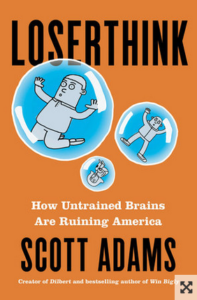Paul Collier writes a thoughtful obituary in the TLS:
Thankfully, we now know that Economic Man is a travesty. Blueprint: The evolutionary origins of a good society by Nicholas Christakis is the latest study to affirm this. It shows why, through the forces of evolution, Homo sapiens emerged as a uniquely social species. Far from being evolutionarily inevitable, Economic Man was culled almost to extinction, surviving only as the highly deviant behaviour we call psychopathic. In hunter-gatherer societies, hunters do not “eat what they kill”: such behaviour would bring social ostracism, so the hunters share their catch. The theorems derived from Economic Man explain the conditions under which a society of psychopaths would be able to function. In most contexts, those conditions turn out to be fanciful: the efficient paradise depicted in economics textbooks has never existed, and never will. Instead, in well-functioning societies, humans construct and abide by a vast web of kindness and mutual obligations of which Economic Man would be incapable.


